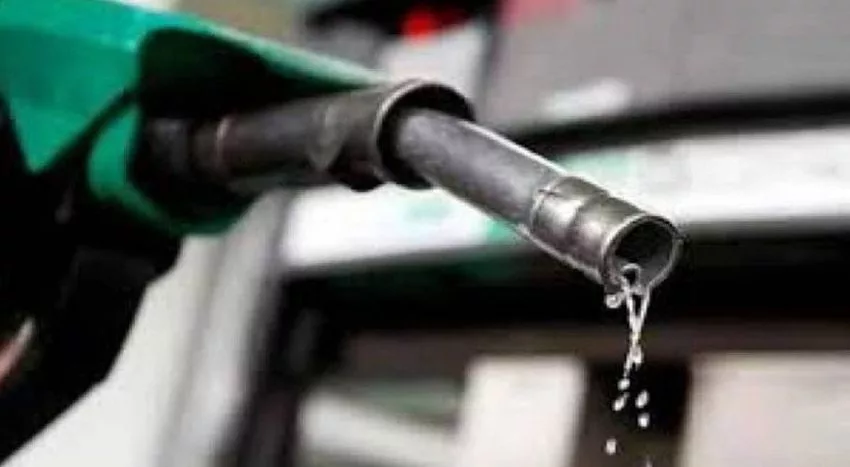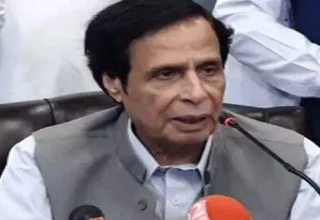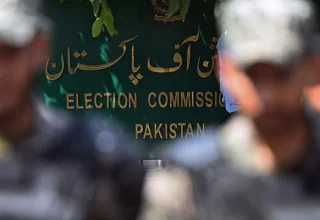KARACHI/LAHORE, July 14(ABC): The Pakistan Petroleum Dealers Association (PPDA) announced on Thursday going on a nationwide strike on July 18, demanding the government increased the distributors’ commission.
According to report, banners were hung at petrol pumps in Lahore regarding the dealer’s strike and demands. According to the general secretary of the PPDA, the minimum wage has been increased to Rs25,000.
Moreover, electricity prices have also surged whereas load-shedding hours have been extended, resulting in generator costs. Therefore, the PPDA demanded that the government increase their commission to 6% as promised.
Further hindering the distribution process has been the monsoon rains, which have inundated Karachi’s Keamari oil installation areas. The lack of a drainage system has brought the movement of oil tankers to a standstill.
According to All Pakistan Oil Tankers Owners Association (APOTOA) Chairman Mir Shams Shahwani, rain water is stagnant in Keamari, Korangi, and Port Qasim oil installation areas in Karachi. Reportedly, at least 6,000 oil tankers await filling, as rainwater is accumulated in oil terminals of 21 fuel importing companies.
No oil tankers have been filled since Sunday, July 10.
Supply affected
The chairman added that petroleum products’ supply has been affected throughout the country due to the suspension of the filling process.
“These conditions could lead to a nationwide fuel crisis,” the chairman remarked, urging the federal and provincial governments to make arrangements for drainage on an emergency basis.
The PPDA had earlier warned of the nationwide strike, threatening to shut down petrol stations all over the country, in the wake of rising oil prices.
In a statement, the PPDA chairman Abdul Sami Khan said that it was not possible to continue petroleum sales at the current rate. He announced that petrol pumps will remain closed following July 18 until the margin on petroleum products is increased.
The statement was issued after an emergency meeting was called by the PPDA where it was decided that a minimum commission margin of six per cent was required for the stations to continue operating.
The officials lamented that the current margin of 3.5 per cent was not sustainable.


























